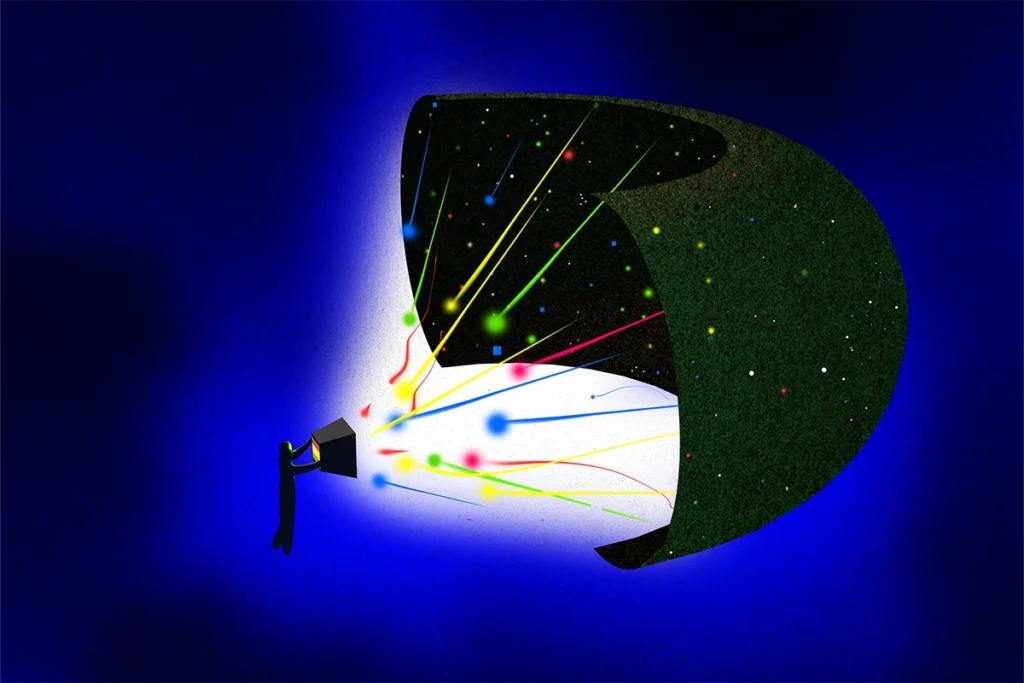Elvisha Dhamala is assistant professor of psychiatry at the Feinstein Institutes for Medical Research, where she directs the Brain-Based Predictive Modeling Lab. Her research program aims to characterize the influences of sex and gender on the neural bases of human behavior. She is particularly interested in understanding how various aspects of brain structure, brain function, behavior and brain-behavior relationships differ across sexes and genders, and whether these differences contribute to the unique presentations of psychiatric illnesses. She earned her B.Sc. in Neuroscience from McGill University and her Ph.D. in Neuroscience from Weill Cornell Medicine. She completed postdoctoral training in the Holmes lab at Yale University as holder of the inaugural Kavli Institute for Neuroscience Postdoctoral Award for Academic Diversity.

Elvisha Dhamala
Assistant professor of psychiatry
Feinstein Institutes for Medical Research
From this contributor

Deleting data or stopping its collection will erase years of valuable brain research
Selected articles
- “Considering the interconnected nature of social identities in neuroimaging research” | Nature Neuroscience
- “Functional brain networks are associated with both sex and gender in children” | Science Advances
- “Brain-based prediction of psychiatric illness–linked behaviors across the sexes” | Biological Psychiatry
- “One size does not fit all: Methodological considerations for brain-based predictive modeling in psychiatry” | Biological Psychiatry
- “Confronting racially exclusionary practices in the acquisition and analyses of neuroimaging data” | Nature Neuroscience
Explore more from The Transmitter
Grace Hwang and Joe Monaco discuss the future of NeuroAI
Hwang and Monaco organized a recent workshop to hear from leaders in the field about how best to integrate NeuroAI research into the BRAIN Initiative.
Grace Hwang and Joe Monaco discuss the future of NeuroAI
Hwang and Monaco organized a recent workshop to hear from leaders in the field about how best to integrate NeuroAI research into the BRAIN Initiative.
Hessameddin Akhlaghpour outlines how RNA may implement universal computation
Could the brain’s computational abilities extend beyond neural networks to molecular mechanisms? Akhlaghpour describes how natural universal computation may have evolved via RNA mechanisms.
Hessameddin Akhlaghpour outlines how RNA may implement universal computation
Could the brain’s computational abilities extend beyond neural networks to molecular mechanisms? Akhlaghpour describes how natural universal computation may have evolved via RNA mechanisms.
Imagining the ultimate systems neuroscience paper
A growing body of papers on systems neuroscience and on giant simulations of neural circuits involves data beyond the point that anyone can reasonably understand end to end. Looking ahead, “paper-bots” could solve that problem.

Imagining the ultimate systems neuroscience paper
A growing body of papers on systems neuroscience and on giant simulations of neural circuits involves data beyond the point that anyone can reasonably understand end to end. Looking ahead, “paper-bots” could solve that problem.